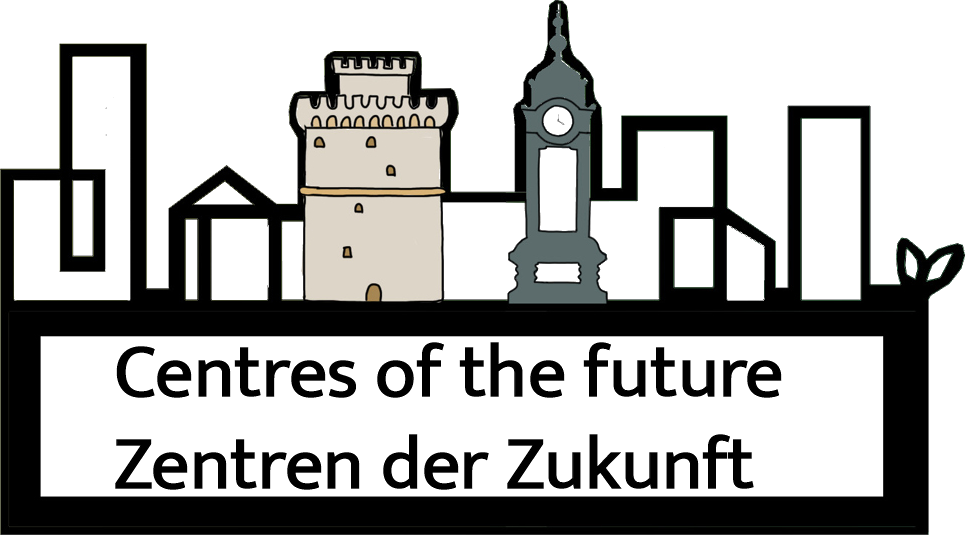Summer Schools will be held in Thessaloniki (2023 & 2024) and Hannover (2025). The Summer Schools will focus on the analysis of the two cities and regions, the different planning systems and cultures, and the development of solutions (e.g. Smart City concepts, 100 Resilient City Thessaloniki, etc.). The goal is to bring participants into exchange in interdisciplinary teams. The framework program of the Summer Schools consists of thematic excursions, interdisciplinary workshops, group work and presentations. A joint dinner rounds off the Summer School and enables networking after the one-week exchange.
Summer School 2025 “Thinking and planning with your hands – Innovative co-creative approaches to communication and problem-solving in urban planning”
From September 1 to 5, 2025, students from Leibniz University Hannover (LUH) and Aristotle University of Thessaloniki (AUTh) participated in the Summer School in Hanover. The Summer School was part of the DAAD-funded university partnership “FutureCentres” and was organized and supervised by Dr. Lena Greinke, Dr. Linda Lange, and Ass. Prof. Loukas Triantis.


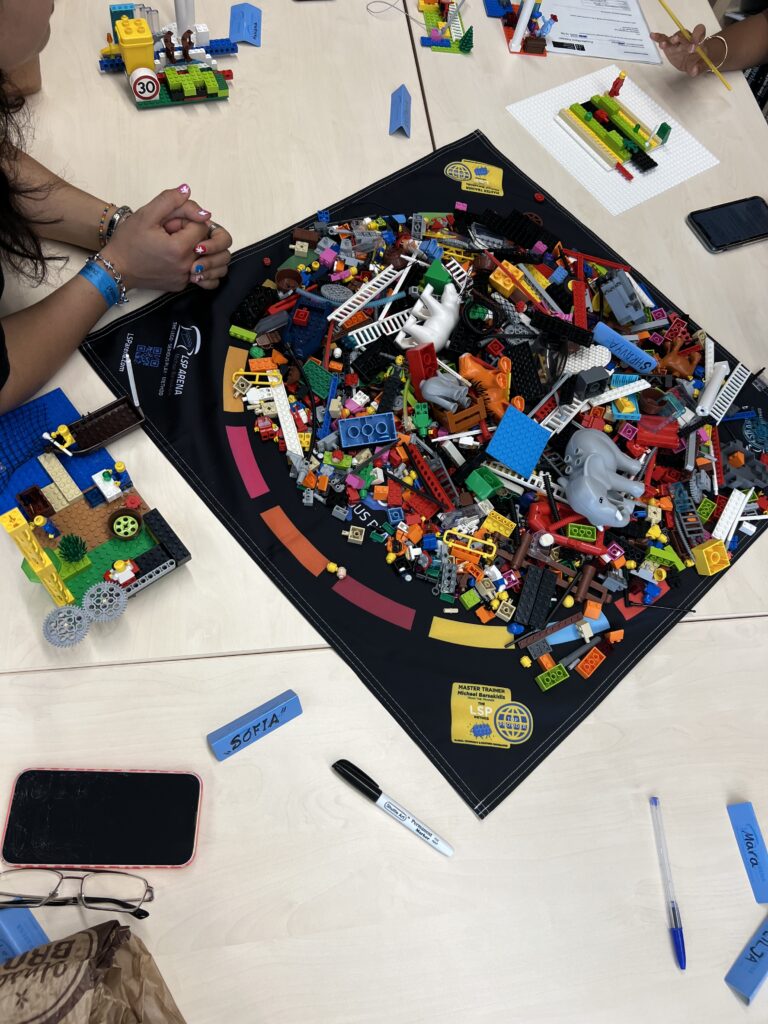

This year’s Summer School was titled “Thinking with your hands” and focused on the LEGO® SERIOUS PLAY® (LSP) method. The aim was to explore new approaches to communication, creativity, and problem-solving, and to test how this method can make urban and landscape planning topics visible and discussable.
Certified LSP trainer Michael Barsakidis introduced the students to the method and guided them throughout the week. After an introduction to the basic principles of LSP, practical exercises followed, ranging from playful starter tasks to more complex questions related to urban topics such as sustainability, quality of life, and challenges of urban spaces. The method enabled the representation of abstract or “invisible” aspects of cities and the environment through models, which were then reflected upon in the group.
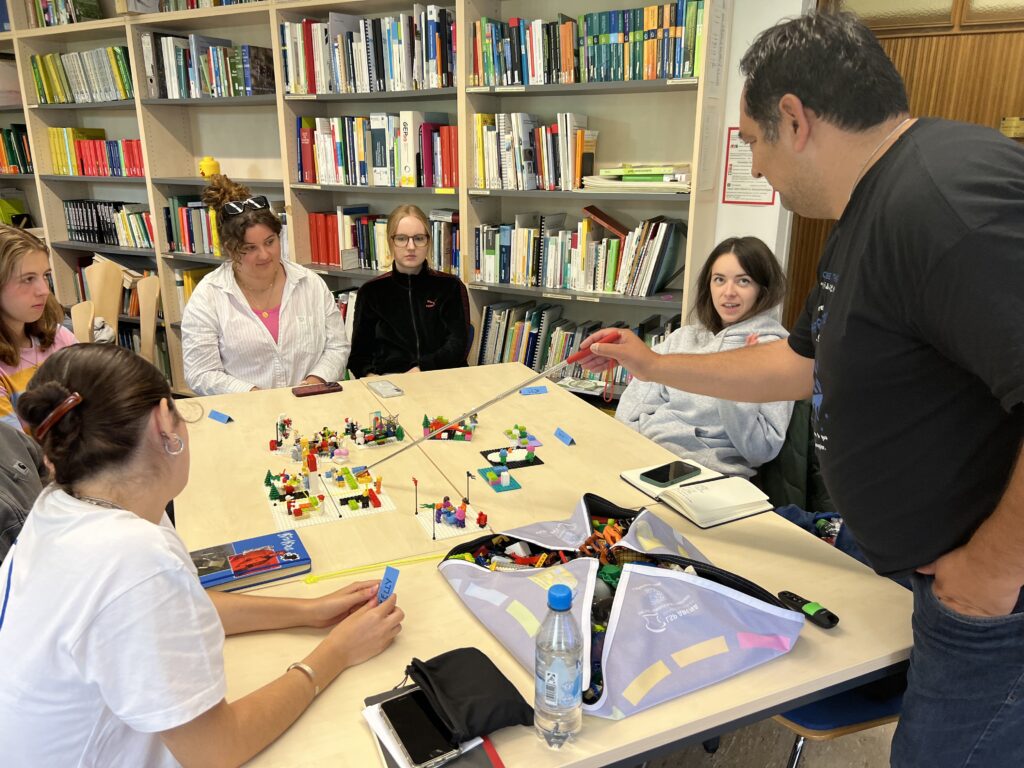
A central component of the Summer School was working in international small groups. Students from Hanover and Thessaloniki jointly developed their own questions, which they addressed within a self-designed workshop and presented at the end of the week. It became clear that the method is not only suitable for creative introductory exercises but also for tackling complex planning issues. The intercultural exchange was particularly enriching: differences such as Hanover’s green, open structures compared to Thessaloniki’s denser, urban layout led to engaging discussions, while many similarities in ideas and solutions also emerged.
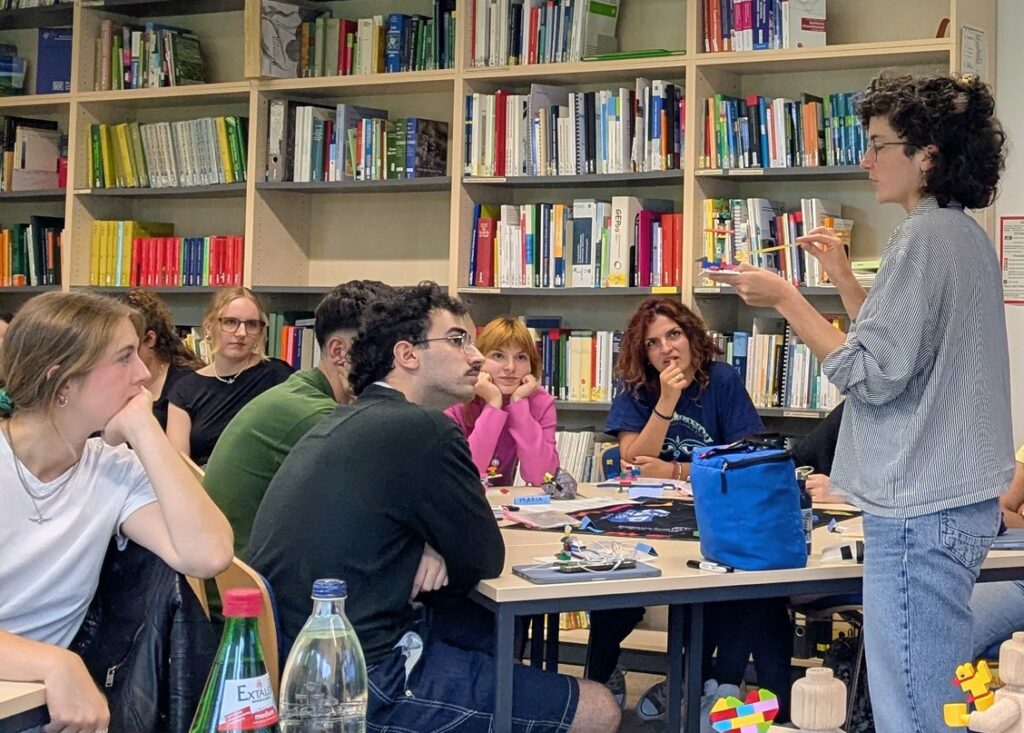
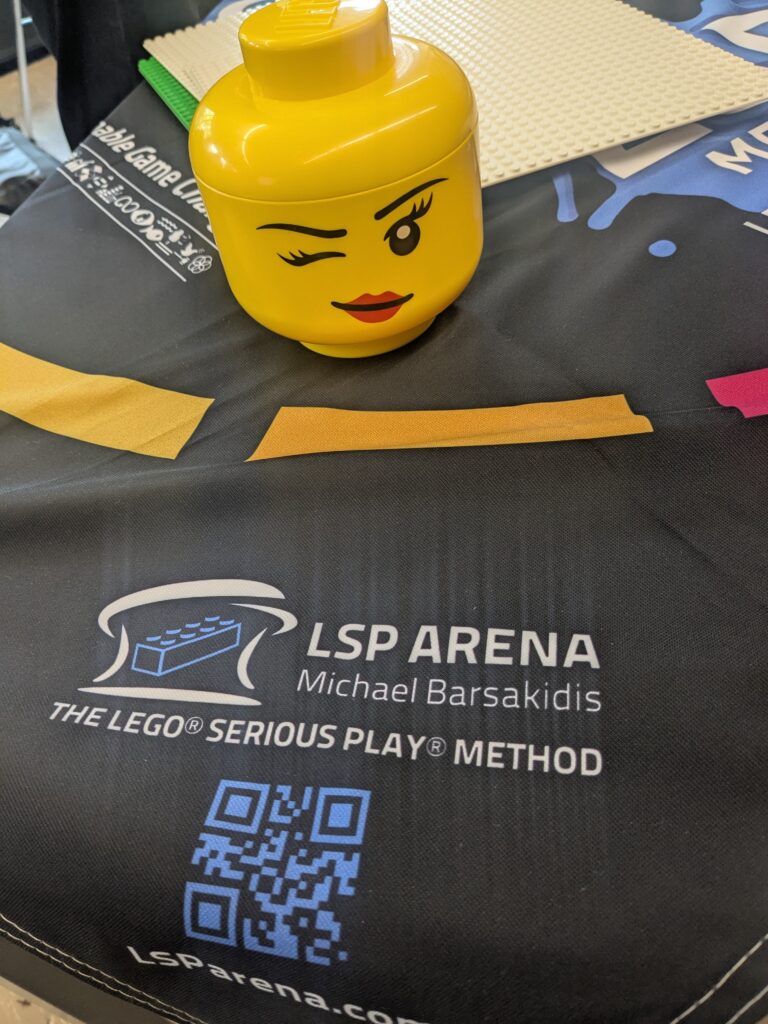
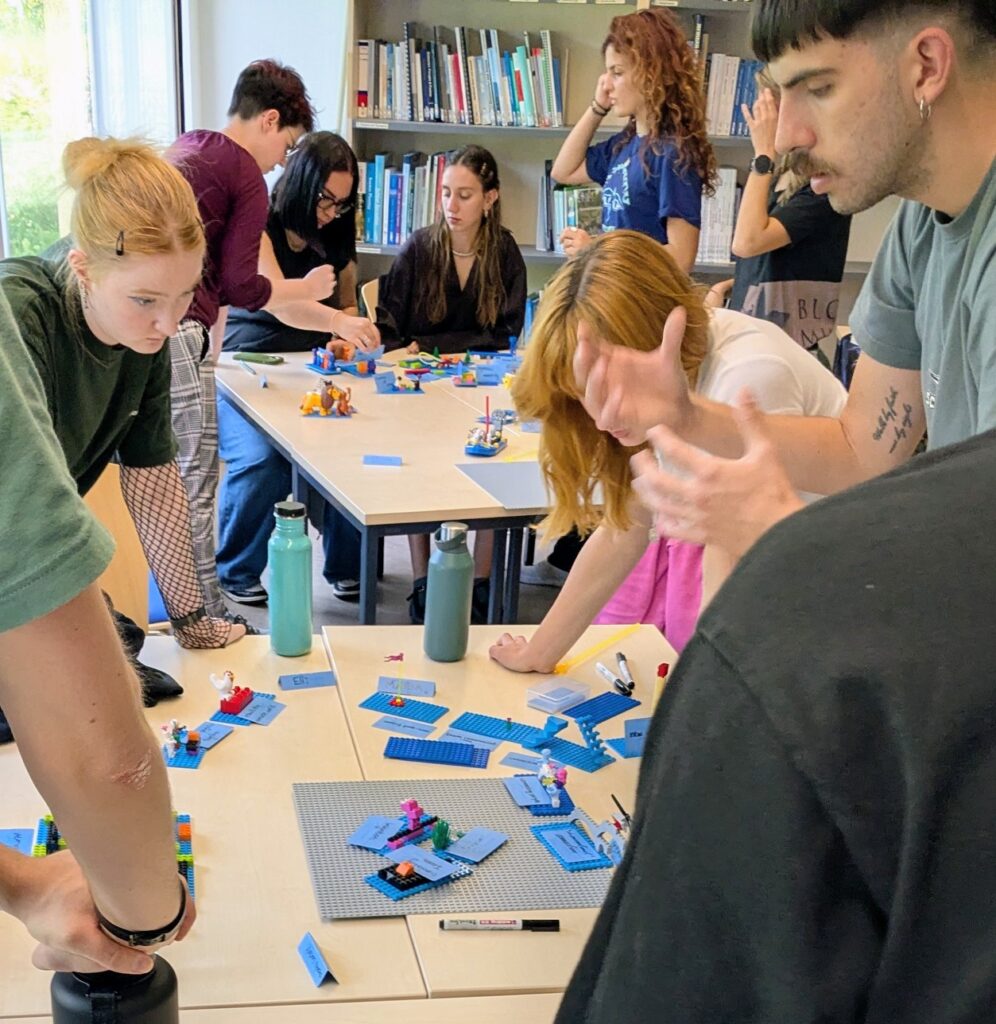

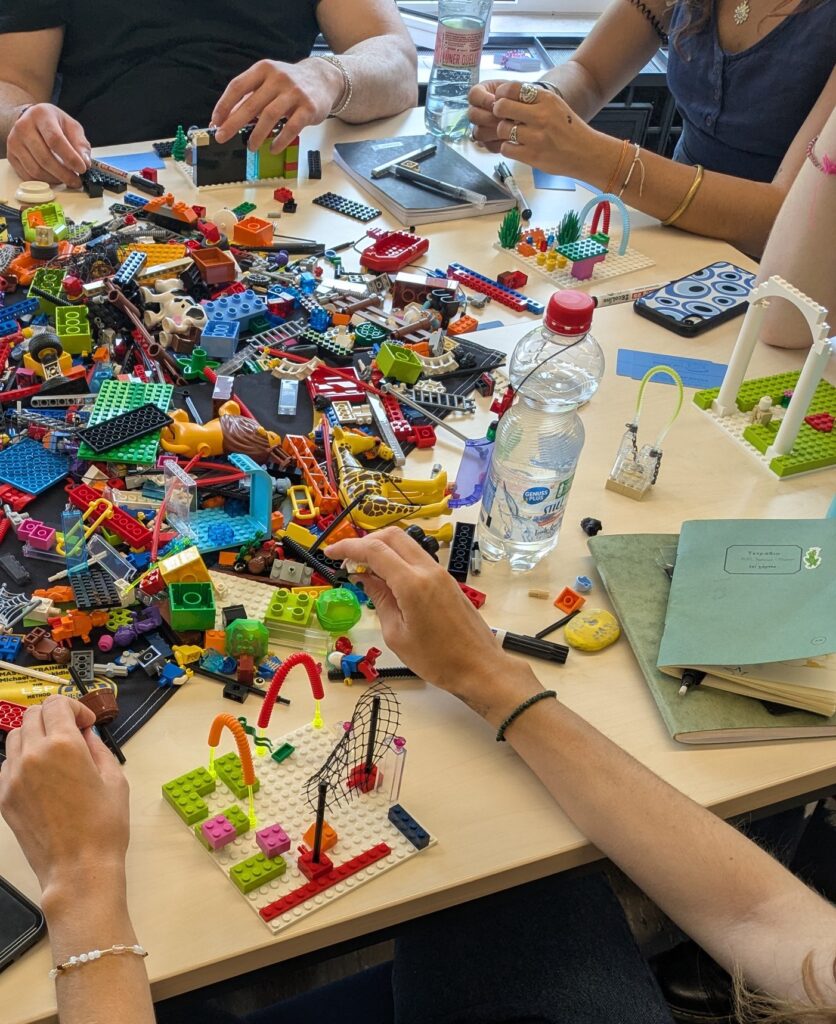
At the end, the small groups presented their results in a plenary session and discussed key topics such as social issues, environmental aspects, and the everyday quality of urban life. All participants received a certificate for their successful participation.
